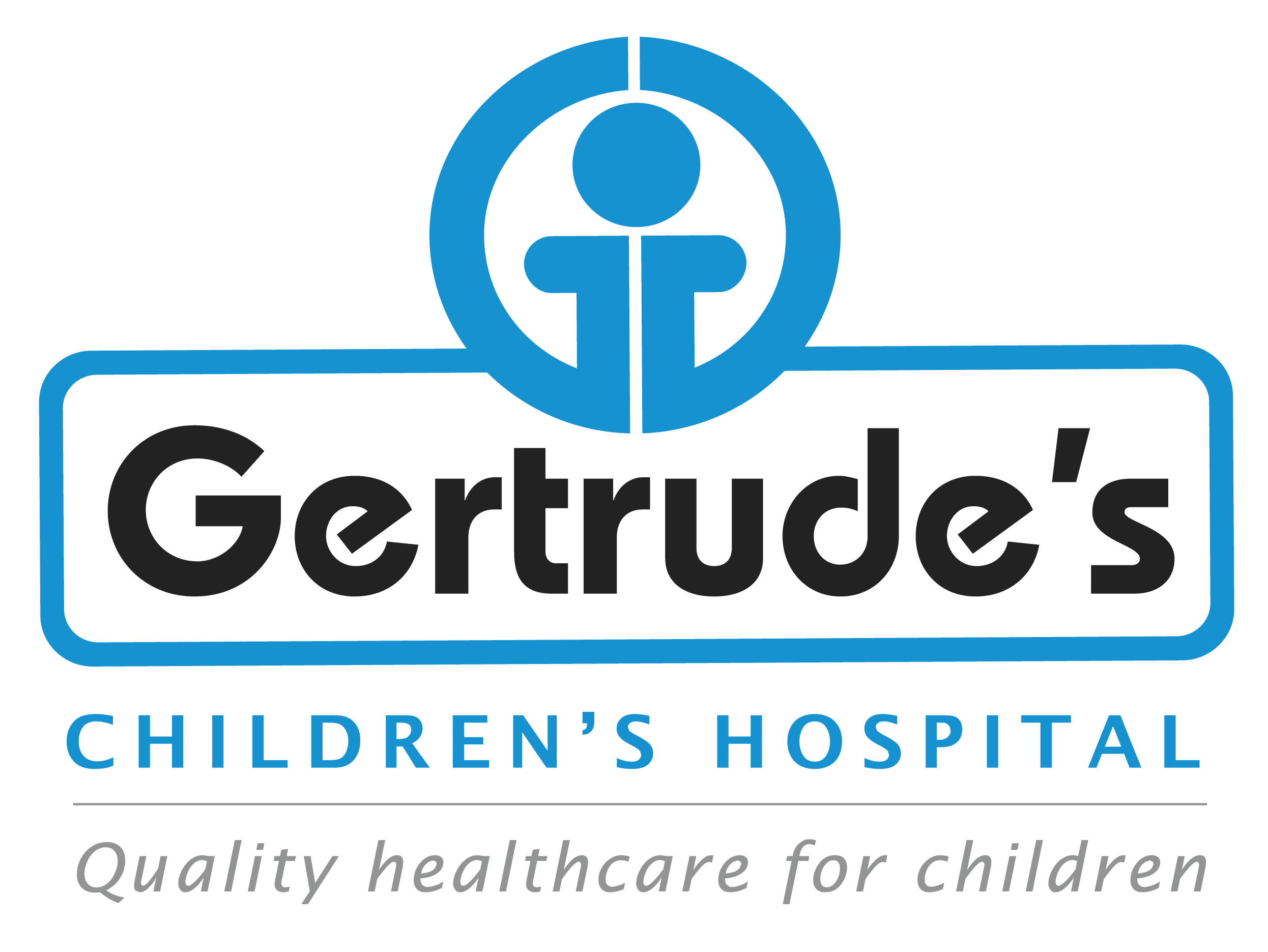Congenital goiter is a rare condition in newborns characterized by an enlargement of the thyroid gland, located at the front of the neck. The thyroid gland is essential for producing hormones that regulate growth, metabolism, and overall development. When a goiter is present at birth, it may indicate underlying issues with thyroid hormone production, which can have significant implications for a child’s health. Early diagnosis and treatment are crucial to ensuring that the child grows and develops normally.
Symptoms
- Visible Swelling in the Neck: A noticeable lump or swelling at the front of the neck, which may be more prominent when the baby cries or strains.
- Breathing Difficulties: The enlarged thyroid gland can press against the windpipe (trachea), leading to noisy breathing, difficulty breathing, or even episodes of choking.
- Feeding Difficulties: Infants with congenital goiter may struggle with feeding due to discomfort or difficulty swallowing.
- Poor Growth: If the thyroid gland is not producing enough hormones (hypothyroidism), it can lead to slow growth and delayed development.
- Jaundice: Persistent yellowing of the skin and eyes (jaundice) beyond the newborn period may be a sign of thyroid dysfunction.
- Hoarse Cry: A hoarse or weak cry can occur if the goiter is pressing on the vocal cords.
Causes
- Thyroid Hormone Production Problems (Dyshormonogenesis):
- Antibodies from the Mother:
- Substances Crossing from Mother to Baby (Goitrogens):
- Iodine Deficiency
Diagnosis
- Physical Examination: A pediatrician will examine the infant’s neck for any signs of swelling or asymmetry. They may also assess the baby’s overall growth and development.
- Thyroid Function Tests: Blood tests to measure levels of thyroid hormones (T3 and T4) and thyroid-stimulating hormone (TSH) are crucial. Abnormal levels can indicate whether the thyroid is underactive (hypothyroidism) or overactive (hyperthyroidism).
- Ultrasound: An ultrasound of the neck can help visualize the thyroid gland’s size, shape, and structure. It can also detect any nodules or cysts within the gland.
- Genetic Testing: If a genetic cause is suspected, genetic testing may be performed to identify specific mutations.
Treatment Options
- Hormone Replacement Therapy:
- If the goiter is due to hypothyroidism (low thyroid hormone production), the baby may need lifelong thyroid hormone replacement therapy. This involves taking a daily dose of synthetic thyroid hormone (levothyroxine) to normalize hormone levels and ensure proper growth and development.
- Iodine Supplementation:
- If iodine deficiency is the cause, iodine supplements may be prescribed to both the mother (during pregnancy) and the baby after birth.
- Monitoring and Observation:
- In mild cases where the thyroid gland is functioning normally despite the enlargement, the healthcare team may opt for regular monitoring to ensure the goiter does not cause complications.
- Surgery:
- In rare cases where the goiter is very large and causing significant breathing or swallowing difficulties, surgery may be needed to remove part of the thyroid gland (partial thyroidectomy) to relieve the pressure on surrounding structures.
- Treatment of Underlying Conditions:
- If the goiter is related to maternal autoimmune disease or medication use, the treatment plan may involve managing these conditions during pregnancy and after birth.
Why Choose Us
Expert team
Our dermatologists and pediatric specialists have extensive experience in treating alopecia areata in children.
Personalized care
We create treatment plans that fit each child’s unique needs
Support and education
We teach children and families how to care for their skin and prevent future breakouts
Advanced treatments
Access to the latest acne treatments and skincare products
Contact
Please feel free to contact us with any general or medical enquiry by calling us.





